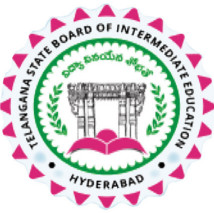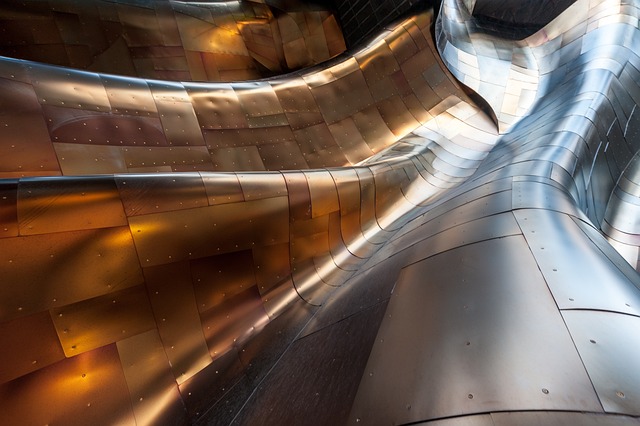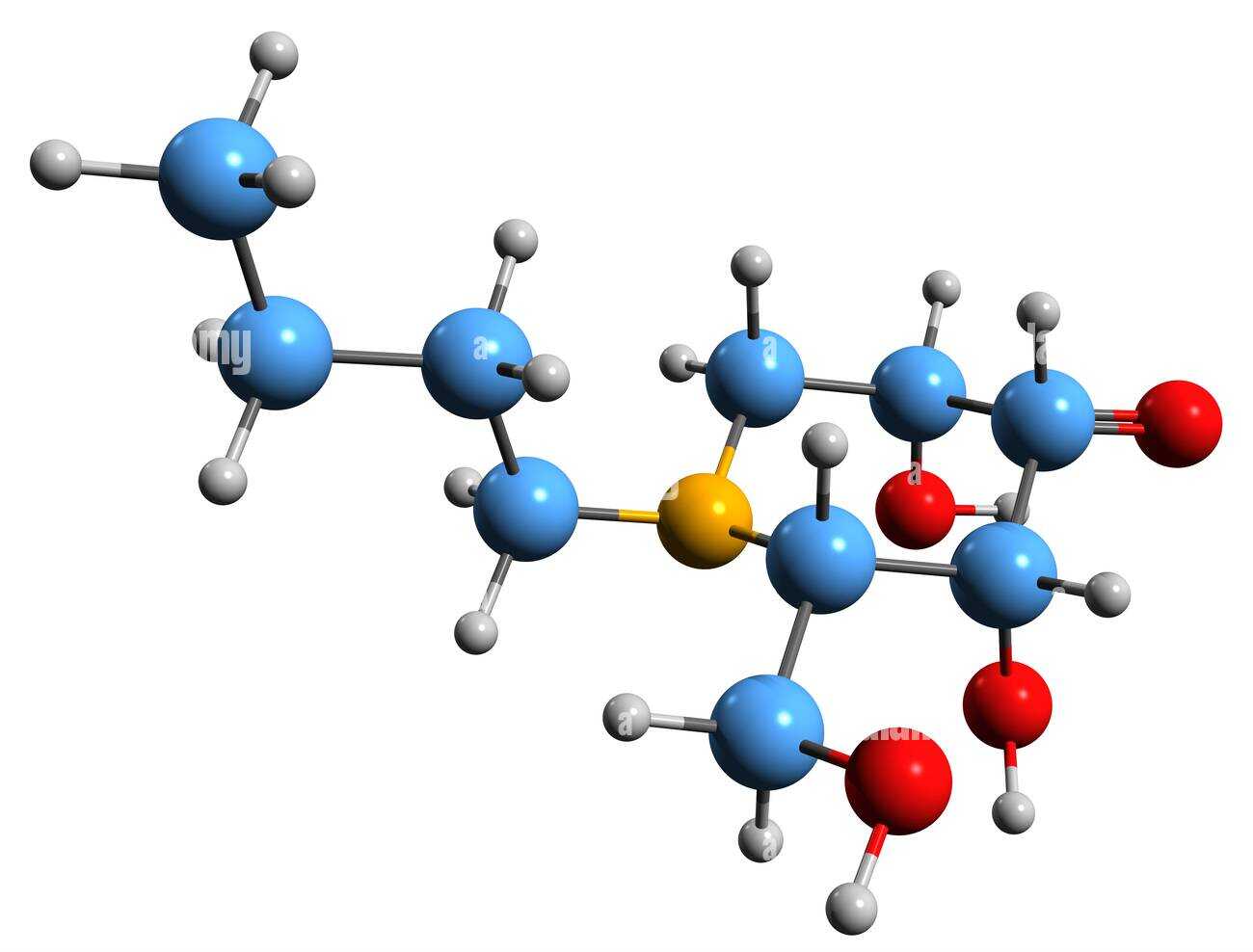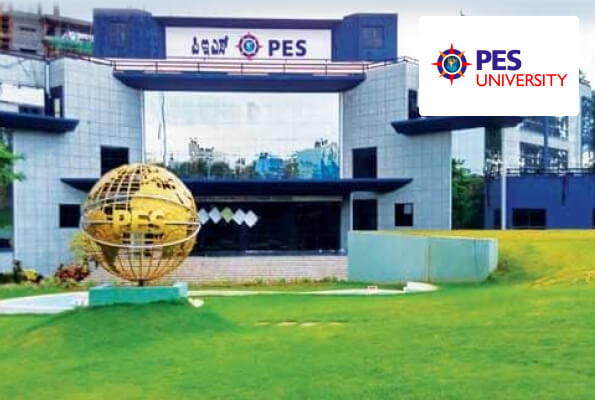Table of Contents
List of Top State Universities in Delhi 2020 -21 Ranking.
| University Name | Types of State University | University |
| Dr. B.R. Ambedkar University | State University | DELHI |
| Delhi Pharmaceutical Sciences & Research University | State University | DELHI |
| Delhi Technological University | State University | DELHI |
| Guru Gobind Singh NCT | State University | DELHI |
| Indira Gandhi Delhi Technical University | State University | DELHI |
| National Law University | State University | DELHI |
| Netaji Subhas University of Technology | State University | DELHI |
Dr. B.R. Ambedkar University
Dr B. R. Ambedkar University is formerly known as Bharat Ratna Dr B. R. Ambedkar University Delhi, and Ambedkar University Delhi is a State University in Delhi established by the Government of the NCT of Delhi through an Act of the Delhi Legislature. The State Universities in Delhi began functioning in August 2008. It is a unitary non-affiliating University whose focus is on undergraduate and postgraduate studies and research in the Humanities and the Social Sciences. It is entirely funded by the State Government of the NCT of Delhi.
The university has been graded ‘A’ by National Assessment and Accreditation Council. It is named after Bharat Ratna Dr B. R. Ambedkar, an Indian jurist, political leader, academic and the architect of the Indian Constitution. AUD is a multi-campus University in Delhi with planned facilities across the city. AUD presently has three campuses – in Kashmere Gate, Karam Pura and, Lodhi Road, where 40 undergraduate, postgraduate, and research programmes are currently offered.
The Kashmere Gate campus is located on the former campus of Guru Gobind Singh Indraprastha University, together with Indira Gandhi Delhi Technical University for Women. The historic campus initially built for the Delhi Faculty of Engineering also houses the 300-year-old Dara Shikoh library. It is located close to Delhi Vidhan Sabha, Delhi Old Railway Station, St. James Church, Delhi and Red Fort, and the Kashmir Gate (it is the northern gate of the historic fortified city of Delhi.
Emperor Mughal Shah Jahan, the gate is so named because a road that leads to Kashmir once began) It is accessible by the red, yellow & purple lines of the Delhi Metro. It’s a five-minute walk to Kashmere Gate subway Station. The School of Education Studies moved to a new campus located on Lodhi Road in September 2017. The campus was formerly a government campus. Co-ed Mr Sec. School. The campus is accessible via two subway stations, the Jor Bagh subway station and the Jawaharlal Nehru Stadium subway station.
The Directorate of Higher Education, Delhi’s NCT government, handed over the former campus of Deen Dayal Upadhyaya College of the State Universities in Delhi in the Karam Pura area of West Delhi to the AUD. State Universities in Delhi are developing two new campuses in Sector 3, Rohini and Dheerpur. These campuses will be ready in 2020. The 110-acre Dheerpur campus will include a 60-acre biodiversity park to conserve wetlands. The future campus is designed to be energy-efficient, ecologically frugal and suitable for people with disabilities. It will include academic, residential, recreational and social facilities for students and staff.
FEES
| Courses | Total fees |
| MBA | Rs 1.61 Lakh (first-year fees) |
| B.A{Hons.} | Rs 48,880 (first year fees) |
| Ph.D. | Rs 218,740 (first-year fees) |
| M.A | Rs 59,760 (first year Fees) |
| M.Phil. | Rs18,740 (first-year fees) |
| M.Des. | Rs1.13 Lakhs (first-year fees) |
More About:
Bharat Ratna Dr BR Ambedkar University, Delhi was founded in 2007 through a legislative act by the government of the National Capital Territory (NCT) at is State University in Delhi. Bharat Ratna Dr BR Ambedkar University, Delhi is also called AUD. The ADU was created to fill the gap of equality and social justice in terms of education in society, which was a vision of Dr BR Ambedkar. AUD is a public university with multiple campuses in Delhi, all offering undergraduate (UG), postgraduate (PG) and research (Ph. D) programs in the arts, social sciences and humanities.
Ambedkar University, Delhi follows a student-centred approach in every UG, PG and PhD program it holds. The Ambedkar University of Delhi is approved by the University Grant Commission (UGC) and the Ministry of Human Resources Development of the Government of India and is a public/government university. AUD is a University of the National Assessment and Accreditation Council (NAAC).
Delhi University of Pharmaceutical Sciences and Research:
The State Universities in Delhi Institute of Pharmaceutical Sciences and Research (DIPSAR), one of the flagships of DPSR University, was originally established as the Department of Pharmacy at Kashmiri Gate Polytechnic in 1964 and is one of the departments of the Directorate of training and technical education. In 1972, the department was later moved to the Pusa Institute and, in 1979, to present a 10.5-acre campus in Pushp Vihar, New Delhi.
The College of Pharmacy has been updated and has now emerged as the State Universities in Delhi Institute of Pharmaceutical Sciences and Research (DIPSAR), see the July 2004 journal notification under the Department of Training and Technical Education, Delhi GNCT, affiliated with the State University in Delhi. With the establishment of the First Pharmacy University of India, Delhi Pharmaceutical Science and Research University (DPSR-U) according to Govt. Legislation enacted on 11 September 2008, DIPSAR is now the constituent college of the DPSR University.
DIPSAR is a Delhi government institution affiliated with DPSR University, New Delhi and approved by AICTE and the Pharmacy Council of India, New Delhi.
DIPSAR developed as a State University at Delhi Institute of Art. It is now a veritable Center of Excellence, constantly producing first-rate pharmaceutical scientists, pharmacists, contributing significantly to the development and advancement of the world and India in particular.
This leading Institute completed another year while preserving its heritage of high standards in pharmaceutical science teaching and research. DIPSAR’s main effort is:
To develop globally competitive pharmacists/pharmaceutical scientists
Promote scientific research and development in State Universities in Delhi.
Catalyze faster lab-scale R&D with commercial/industrial potential
DIPSAR students could work in well-furnished and organized research laboratories equipped with advanced tools in several potential areas such as new drug delivery systems, ocular pharmacology, pharmaceutical chemistry, genome research, pharmacokinetics, hospital pharmacy, antifertility and infertility, the Indian system of Medicine, Phytotherapy Technology, Clinical Research, Cardiovascular Research, Quality Assurance, etc. Each department has its own laboratory space equipped with highly sophisticated tools for graduates and PhD students, in addition to the basic requirements for the practical training of undergraduates.
The air-conditioned library enriched by thousands of books, newspapers, and magazines from various disciplines of Pharmacy is accessible. All Dipsarians have 24-hour Internet service available through two Information Technology Centers equipped with more than 100 computers. They have a good training and placement cell with a well-equipped room for pre-placement interviews, two rooms for group discussions, and interviews are available to meet the University’s campus placement needs.
Other facilities on the DIPSAR campus include a State Bank of India ATM, utility stores, food court, gym, common rooms, recreation courts, sports complex, swimming pool, etc. That provide students with all the ingredients for facilitated youth. DIPSAR has an 8 + 1 P.G. Block in the new building as new infrastructure. In addition, there are well-constructed staff quarters on campus, with facilities for boys and girls. A State University in Delhi -of-the-art inn caters to the needs of guests from the pharmaceutical industry and affiliated fraternities.
Fees:
| Course | Total Fees |
| B. Pharm {Lateral} | Rs.37,885 (first year fees) |
| M.Pharm | Rs. 50,885 (first year fees) |
| D. Pharma | Rs. 12,085 (first-year fees) |
| B. Pharma | Rs. 37,885 (first-year fees) |
| Ph. D | Rs. 30,385 (first-year fees) |
Placements:
The placement cell, DPSRU, remains committed to ensuring the best possible opportunities for its students, providing them with a thriving platform and the best exposure. The aim of the placement cell is to provide employment opportunities, including self-employment and admission to higher education at reputable institutions, for students in proportion with their expertise and calibres and to place the maximum number of students in renowned companies. For to achieve this, the State Universities in Delhi conducts skills and improvement programs that continuously interacts with industries to update current industry requirements for students.
DPSRU is completing its final year internship in leading national and multinational companies at all levels, including undergraduate, graduate, and doctoral degrees. And graduate students. As in previous years, DPSRU continued to enjoy immense trust from the corporate world, as evidenced by the extraordinary placement season for the 2016-17 and 2017-18 sessions. The rigour of the research has consistently translated into a significant increase in students’ levels of competence. This value proposition has strengthened recruiters’ confidence in DPSRU.
The State Universities in Delhi has left no stone unturned in bringing the industry’s biggest names to campus. Whether it is R&D giant Novartis or Quintiles IMS, every company that has visited the college so far has marvelled at the talent the students have to offer. During 2018-19, the State Universities in Delhi witnessed the participation of several reputable organizations offering roles in various industries, including formulation development, clinical research, business analysis, manufacturing,
Delhi University of Technology
Delhi Technological University (DTU), formerly known as Delhi College of Engineering (DCE), is a State University in Delhi, India. It was founded as Delhi Polytechnic in the year 1941. In 1952, she began to get a bachelor’s degree after joining the State Universities in Delhi. The institute has been under the government of Delhi since 1963 and was affiliated with the State Universities in Delhi from 1952 to 2009. In 2009, the college received university status, thus changing its name to Delhi University of Technology.
In 2020, the University was ranked 45th and 1st by the NIRF and Times Engineering Ranking, respectively. The State Universities in Delhi has more than 430 faculty members, offering more than 70 courses in 8 courses. During the 2018-19 session, the University recruited 2,689 undergraduate, 554 graduate and 360 graduate students. Spread across 163 acres of land, DTU has a well-developed campus with nine hostels for boys and six for girls. The State Universities in Delhi has a collection of over 1.23 lakh books in the main library and 52,700 in the general book bank.
Located in Rohini, Delhi, DTU is considered one of the oldest engineering colleges in India. She recently established a campus in East Delhi to provide high-quality management research and education opportunities. DTU also has an incubation, knowledge park and innovation centre, whose main objective is to create an environment for start-ups, entrepreneurship, and job creation. DTU has 15 departments, including humanities, environmental engineering, electrical engineering, and management, among others.
DTU has also won numerous international awards for several innovations, including AUVSI’s Most Innovative Design Award for Unmanned Arial Vehicle in Georgia (USA), Best Aerodynamics Award for Super mileage Vehicle in Michigan (USA) and FISITA Award of Best Design Effort for Formula Student Car at the SAE International Competition in the UK, among others.
FEES
DTU offers several courses at the UG, PG and PhD levels. The State University in Delhi offers 14 undergraduate programs, 23 postgraduate programs in Engineering and 20 PhD programs covering major disciplines including Engineering, Business, Science, English, and Economics. Apart from these, DTU also offers five MBA programs and three master’s programs. It also has three UG programs in Design (B.des), Management (BBA) and Economics (BA Hons). The courses and eligibility details for some of the courses offered by DTU are mentioned below:
| Courses | Total Fees |
| B.Tech | Rs1.90.000 |
| – Computer engineering | Rs 1.90.000 |
| – Biotechnological engineering | Rs 1.90.000 |
| -Mechanical engineering | Rs 1.90.000 |
| -Electrical engineering | Rs 1.90.000 |
Placements:
DTU has successfully completed the final placement for the 2018-19 Engineering batch, with more than 300 companies participating in the process. With more than 1,400 offers, sectors such as Software and IT launched the largest number of offers, followed by Consulting / Analysis and Core / R&D. During the 2018-19 placement campaign; some reputable companies visited the campus, such as Google, Microsoft, McKinsey & Company, Facebook, etc. The highest national package offered was Rs 39 LPA from Microsoft, while the average package was Rs 11.17 LPA.
Speaking of the MBA batch, the highest salary package offered was Rs 13 LPA, while the average package was Rs 7.2 LPA. More than 100 companies participated in the placement campaign, including 57 new recruiters in State Universities in Delhi.
Indira Gandhi Technical University Delhi:
Indira Gandhi Delhi Women’s Technical University (IGDTUW) was founded by the government. Delhi’s NCT in May 2013 saw Delhi Act 09 of 2012 as an unaffiliated State Universities in Delhi to facilitate and promote the study, research, technology, innovation, incubation, and extension work in emerging areas of vocational education among women, with a focus on engineering, technology, applied sciences, architecture and related fields, with the aim of achieving excellence in these and related fields.
The Indira Gandhi Institute of Technology (IGIT) is the State Universities in Delhi was founded in 1998 by the Directorate of Training and Technical Education, Govt. NCT Delhi is the first female-only engineering college. In 2002, the college became the first constituent college of Guru Gobind Singh Indraprastha University. Over the years, IGIT has contributed significantly to the growth of quality technical education in the country and has become not only one of the leading institutions in Delhi but also the most prestigious college in North India.
Since 2013, the State Universities in Delhi has grown exponentially and steadily. B. Tech continued. Programs in four disciplines, namely computer engineering, information technology, electronics and communications, and robotics and automation engineering. MTech. Programs in niche technology areas such as Information Security Management, Pervasive Mobile Computing, VLSI Project, and Robotics and Automation Engineering were launched for the first time at the institute.
The doctorate started in 2014 in several disciplines. In 2015, the University launched the B.Arch. Program. In just a few years, the University has dramatically increased the strength of its students. The State Universities in Delhi not only provides high-quality teaching in a competitive research environment but is also committed to creating new knowledge through research, development and innovation.
Currently, the various departments of the State Universities in Delhi are conducting research projects sponsored by leading organizations/industries such as Microsoft, Atmel, Nokia, Department of Science and Technology, Department of IT, Government. India and IIT, just to name a few. With the support of Gov. from NCT Delhi, the State Universities in Delhi has started its incubation centre – Anveshan, which offers ample opportunities for young female engineers to fulfil their dreams of becoming entrepreneurs.
Types:
State Universities in Delhi
Fees:
| Course | Fees | Eligibility |
| B. Tech | ₹88,000 (1st Year Fees) | 10+2 with 75% + JEE Main |
| B.Arch. | ₹1.04 Lakhs (1st Year Fees) | 10+2 |
| BBA | ₹70,000 (1st Year Fees) | 10+2 |
| M.CA | ₹88,000 (1st Year Fees) | Graduation with 60% + NIMCET |
Placements:
Students can access the campus from the third year onwards. Internships must be completed at the end of each year. Excellent company visits (FAANG) during the placement and on-campus placement season are nearly 95% in recent years. The highest packs exceed 45 lacs, while the average pack is 13 lacs per year.
Internship Opportunities On-campus internship opportunities are provided at the college. You can also work part-time at various State Universities in Delhi companies as a web developer, graphic designer, etc. Details of various off-campus internships that can be used by students are shared. Each student must complete an internship at the end of each academic year.
National Law University:
State Universities in Delhi has Legal education in India has undergone a paradigm shift over the past two decades. The ability to study law is by choice and not by chance, it is the essence of this change. It is not for one, but for many factors. NLUs provide new choose a career that not only allows young minds to get involved in social issues in State Universities in Delhi.
A well-managed and socially relevant legal education is the sine-qua-non condition. for the correct administration of justice. The immediate purpose of legal training in our country is to produce law graduates equipped with knowledge of material and procedural law, able to actively participate in the traditions.
A State University in Delhi has a justice delivery system or court proceedings. Globalization is a challenge and an opportunity in today’s times. They require the convergence of Economics, Technology and Law. India has a long history of economics and technology. The potential was released through the liberalization process. However, smooth navigation requires the compass called
‘Rule of law’. We have a mixed record in this count. India established it as a democracy that is a success in the participatory macro process government. However, there are other crucial internal problems. There is a complex task of assimilating social classes fragmented for centuries in such participation. Cumulative economic progress must reach multiple levels to create a fair and equitable development index. More important a transparent and swift administration of the justice system that strengthens the faith in the rule of law. NLU Delhi seeks to train lawyers for the 21st century when legal services are globalized and lawyers need to travel comfortably across the country different borders and legal systems.
Types:
State Universities in Delhi.
Fees:
| Particulars | Fee from Hostelers | Fee from Non-hostelers |
| Tuition Fee | INR 1,00,000.00 | INR 1,00,000.00 |
| Campus Development Fund Fee | INR 3,000.00(One time) | INR 3,000.00(One time) |
| Admission Fee | INR 1,000.00(One time) | INR 1,000.00 (One time) |
| Examination Fee | INR 3,000.00 | INR 3,000.00 |
Placements:
National Law University (NLU), Delhi offers internships for all UG and PG programs. The State Universities in Delhi has a placement unit that coordinates placement units with companies. In 2019, NLU Delhi secured 100% of the placements. Some students have also received offers from international law firms. Students have also won scholarships such as LAMP Fellowship and Arthur C Helton Fellowship.
The placement process begins in May of each year.
- A total of 41 students were placed during the internships on campus.
- The total lot is made up of 78 students
- The average salary package offered was Rs 15 LPA.































Comment on “Top State Universities in Delhi: Ranking, Types, Fees”